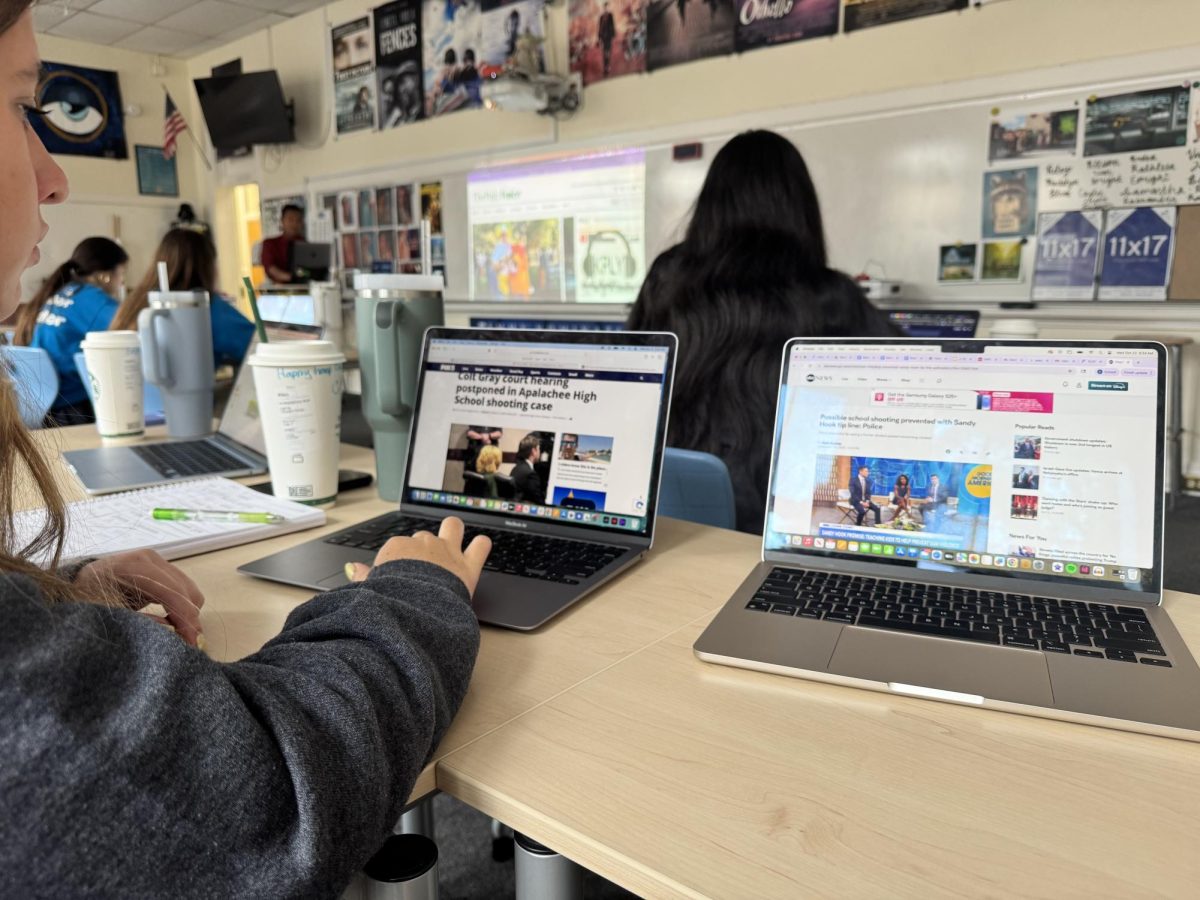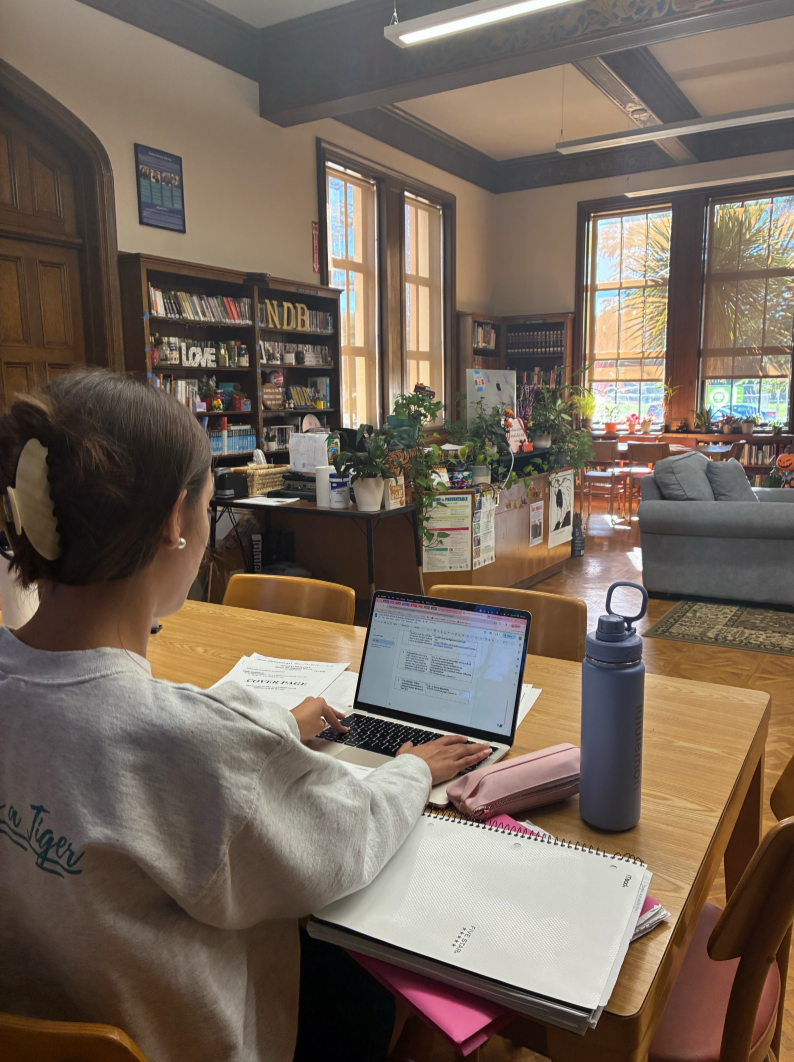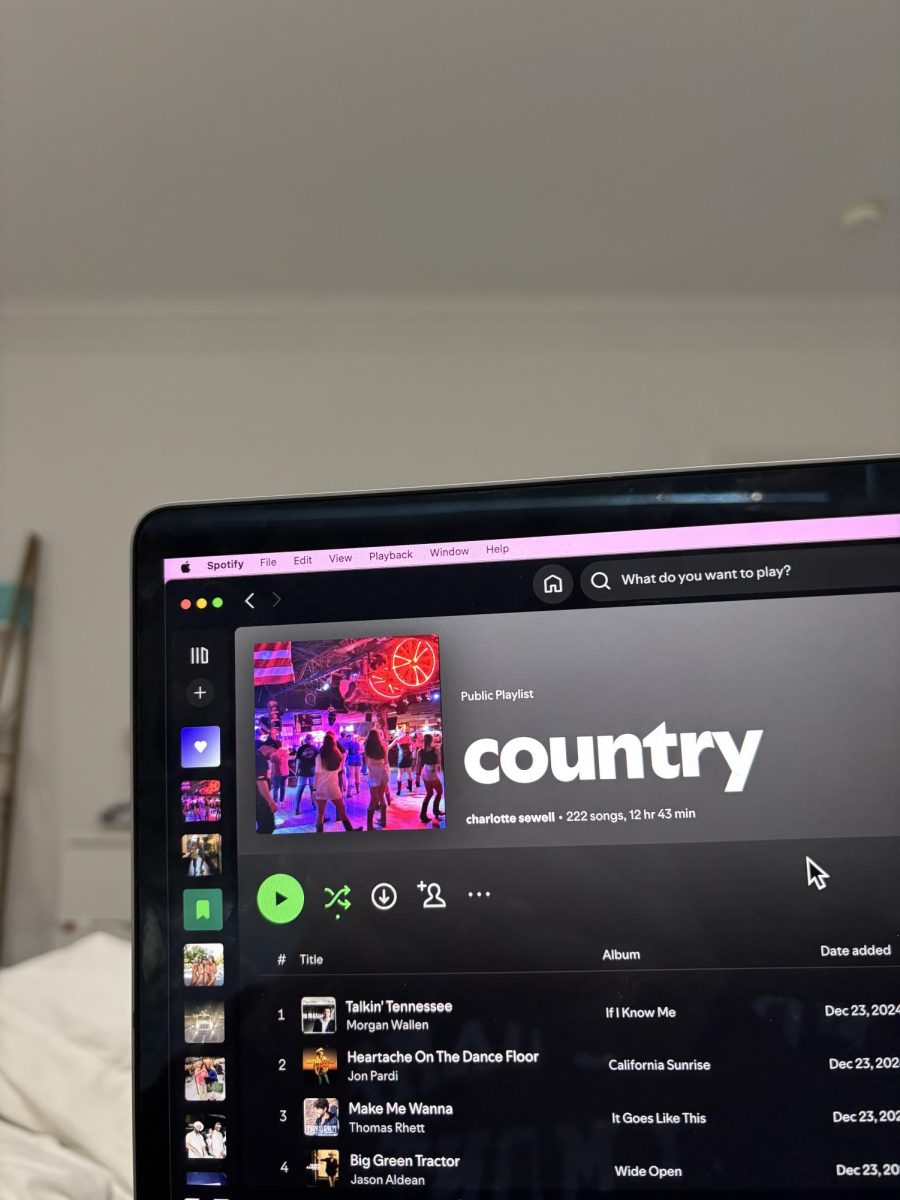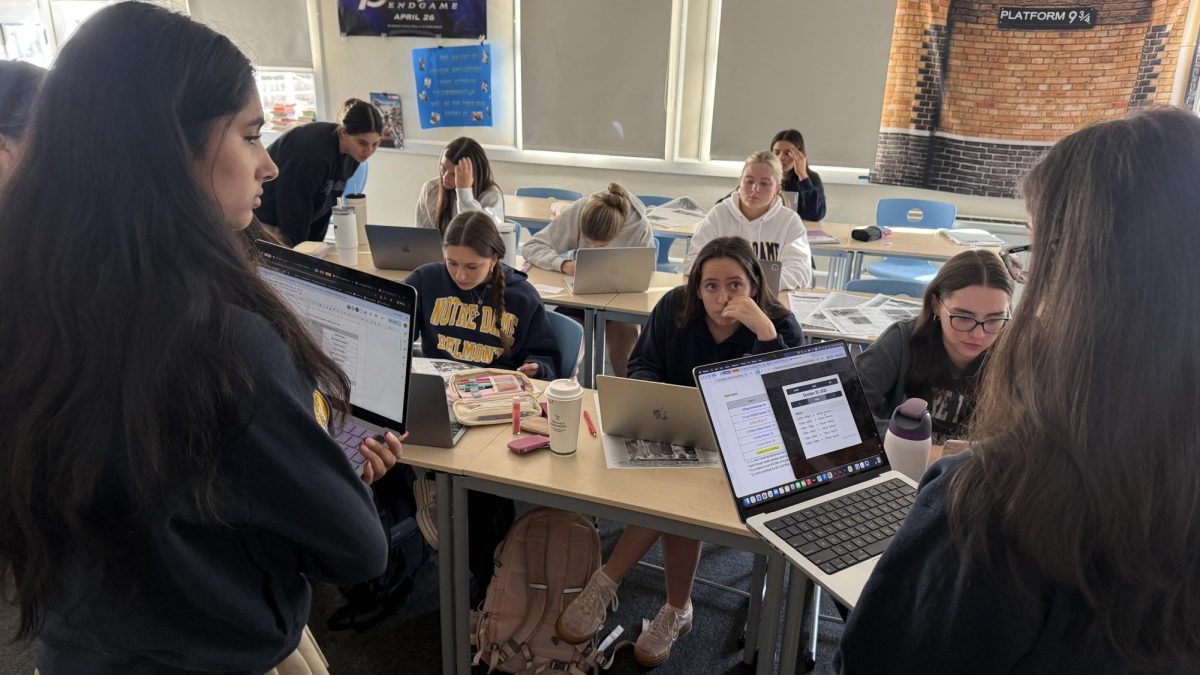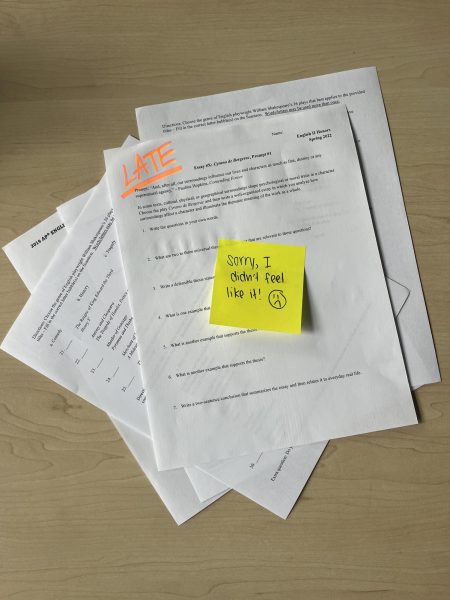

“I don’t feel well. I’m not going to class.” This is a commonly observed excuse that students have used to get out of class or other work. But, why is this? Is this just a problem with schools in general, or is it an issue with Western culture as a whole?
Students have become much more willing to blatantly ask teachers for extensions and changes to test dates, claiming they are “too busy” or “can’t do it,” which is an issue many school environments are currently facing. The culture in schools is shifting so that, when things become uncomfortable or hard, students are choosing to ask for such changes, instead of trying to solve the problems themselves first. However, while students should be able to ask for help, if needed, they should not be able to ask to opt out of an assignment.
There are numerous factors that play into the current mindset of students, including the influence of social media, the rise of mental health awareness and overall shifts in parenting and methods of maintaining authority.
The digital world, which consists largely of social media apps, such as Instagram, Snapchat and TikTok, has changed the modern way of living in that it provides instant gratification as soon as the device is picked up.
There is so much content accessible in mere seconds that not only has it shortened younger generations’ attention spans, but it has also made it so that there is no need to go through much effort to find out something or gain more knowledge in a particular subject. All the information is there at just the touch of a button. While this is convenient in many cases, it has unfortunately caused younger generations and modern students to become lazy, and the motivation to seek out information, without just seeing an online post about it, is lost.
How does the rise of mental health awareness factor into this issue? With parents and teachers worried about the uptick of depression, anxiety and other mental health disorders in recent years, there is more of a push for softer disciplinary styles.
Instead of “forcing” a student to complete something that may not necessarily be the most enjoyable at that moment, teachers attempt to give students a break and let them do something that may be more “fun.” This just fosters a learning environment where students are more focused on griping about the assignment and how much work it will be instead of actually being “forced” to do it.
Parents and teachers alike enable this behavior by not holding students accountable for their own work and academic performance. They may believe that they are helping by giving students “breaks,” but this just enables more students to take advantage of the teacher’s kindness.

